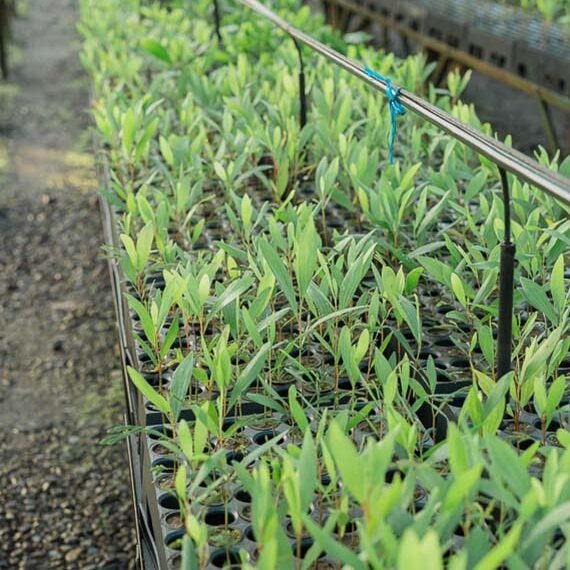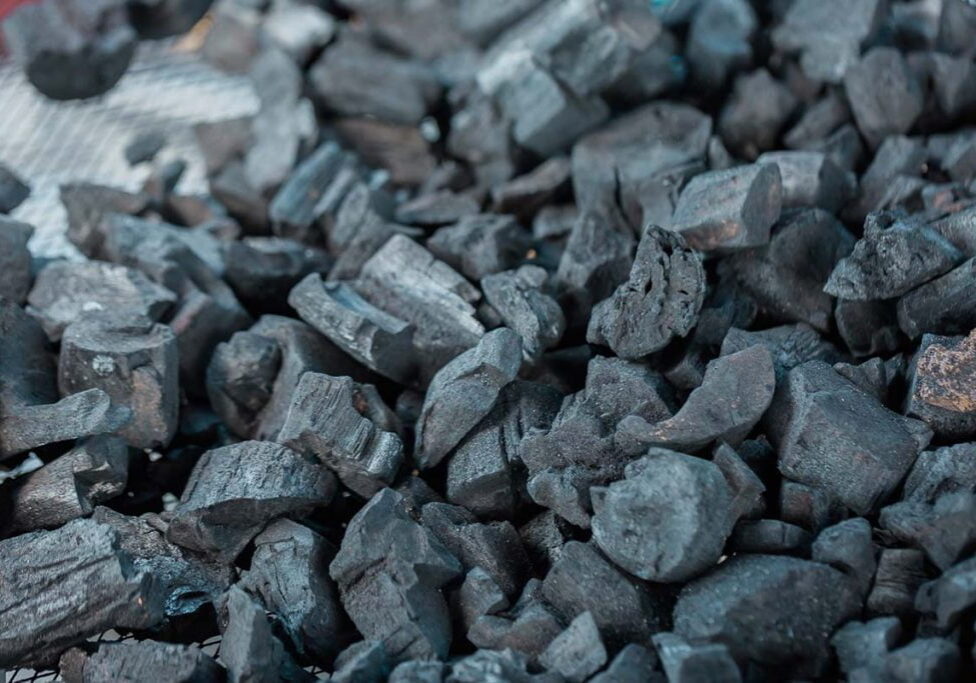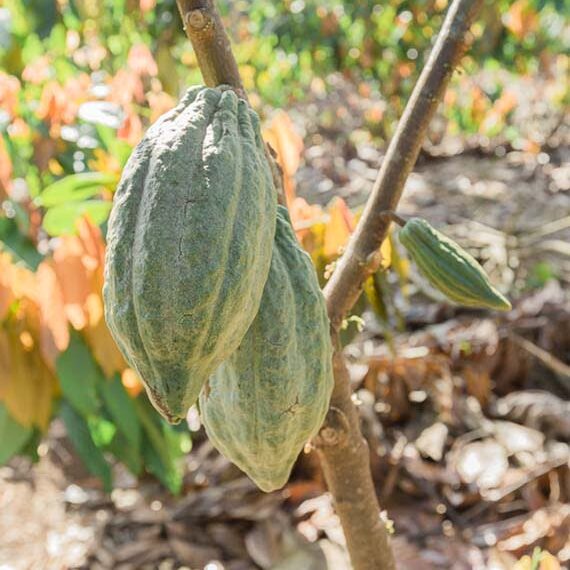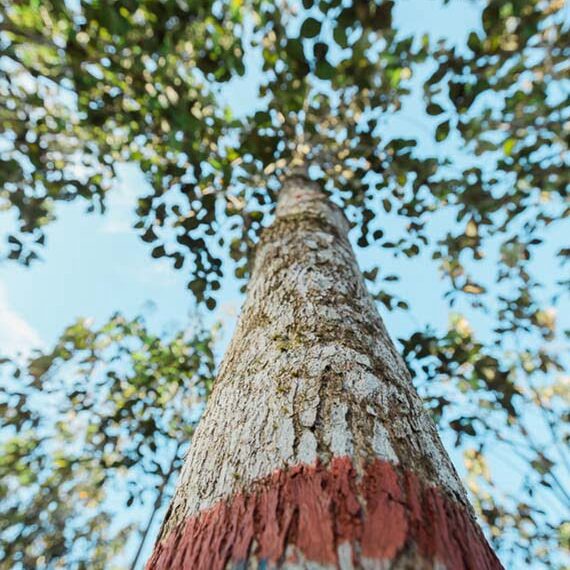Impact investments
Investment of social and environmental impact
MLR Forestal bases its philosophy on impact investment, which is one that can demonstrate its social benefit in nearby communities and its environmental benefit in the area where it operates.
The objective of impact investments is not only financial efficiency; it also seeks to raise the quality of life of the inhabitants of the area where it operates, contributes to environmental conservation and respects indigenous communities.
Agroforestry helps stop the advance of the agricultural frontier, protects water sources, creates biological corridors with protection areas and anchors populations so that they do not advance towards the natural forests or the territories of native peoples.
MLR Foretry provides 650 quality formal jobs a year, 85 percent of which are occupied by local personnel, which has stimulated the local economy. The company promotes equal opportunities and integrates a vision of gender, diversity and human rights.

The clonal gardens
MLR Forestal's nurseries have a capacity for 500 thousand plants, mainly teak and cocoa. However, they also produce native species such as moringa, mahogany, guapinol and royal cedar, which are emblematic of the North Caribbean. These species are used for the afforestation of community protection areas and for reforestation tasks.
In the nurseries, plants are grown clonally in order to guarantee homogeneity in the plantations.
The process consists of three steps:
1
Mother trees are identified that are the most suitable for commercial purposes (straight stem, few branches) and vegetative material or buds are extracted.
2
That bud is subjected to a rooting method until it becomes a plant.
3
The clone is then kept in a special tunnel where it is given heat treatment for thirty days and is finally taken to the field.

Charcoal
In MLR Forestal all the wood is used. The intermediate branches and part of the treetops are used to make charcoal.
The charcoal production is carried out using the artisanal method that opens holes in the ground, where the wood is burned, covered with soil or leaves and then left to dry.
The charcoal drying process has to be managed carefully because if it is letf in the whole too long, it turns to ash; But if it is not taken out at the right time, the end product may not be of the best quality. Once cooled, the charcoal is stored in bags. On average each month the company produces up to two thousand bags of red charcoal (between 20 and 25 kilos each bag), depending on the degree of humidity.
The charcoal is marketed in Nicaragua in bags of 2 and 3 kilos under the Grill Culture brand.
Cocoa
MLR Forestal has 1,239 hectares of cocoa planted in association with teak. The association is an innovative method that MLR Forestal validates in Nicaragua. Cocoa requires shade as it does not withstand high temperatures; the method consists of planting the cocoa next to the teak for shade.
MLR Forestal has a collection center where they receive fresh or "baba" cocoa and there begins the quality inspection and the fermentation and drying process. The cocoa grown by MLR Forestal meets the distinctive aroma and flavor requirements sought by chocolate manufacturers. MLR Forestal flavors vary between nutty, spicy, and fruity.
The cocoa produced by MLR Forestal is used in the production of chocolate in Germany.


Teak
MLR Forestal has established 2,086 hectares of teak and 1,239 of cocoa in association with teak. The plantations are located in the municipality of Siuna, and to a lesser extent, in the municipality of Bonanza.
Teak (tectona grandis) is a native plant of India, Burma, Laos, Thailand, Indochina and Malaysia, however, its cultivation has spread throughout the world. Its wood is highly valued in different uses: exterior and interior carpentry, cladding of facades, boats, port and bridge infrastructures, turning, cooperage and more.
MLR Forestal's teak plantations show homogeneity and a straight shaft with few branches that guarantees the quality of the wood. This is thanks to the good genetics of the planted trees since thinning is carried out every four years, that is, a certain amount of trees is removed to leave only the most suitable of each lot.

